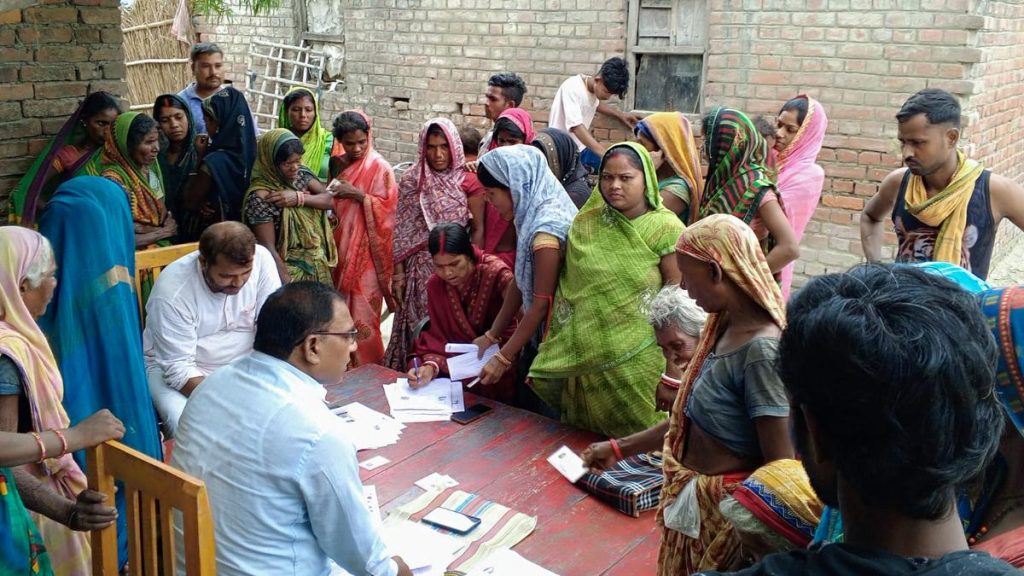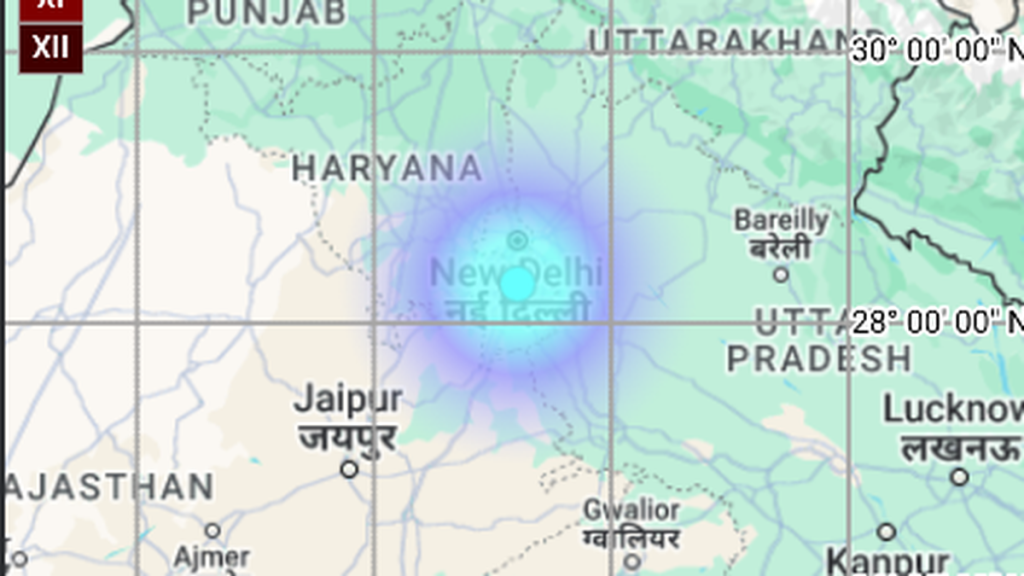Now Reading: Transform Your Life Through Self-Reflection
-
01
Transform Your Life Through Self-Reflection
Transform Your Life Through Self-Reflection

Quick Summary
- Definition and Importance: Self-reflection is the practice of examining one’s thoughts,emotions,and behaviors to achieve personal growth. It has roots in ancient philosophy, such as Socrates’ emphasis on introspection.
- Benefits: Emotional stability, improved decision-making skills, enhanced emotional intelligence, and alignment with personal values can be outcomes of regular self-reflection.
- Techniques:
– Journaling (daily logs, gratitude journals).
– Meditation (mindfulness meditation or body scan techniques).
– Self-assessment questions focusing on daily reflection,goals alignment,and emotional check-ins.
- Challenges: Pitfalls like rumination (negative cyclical thinking) must be avoided.Productive reflection focuses on learning from the past rather than dwelling on it.
- Organizational Impact: Teams benefit from reflective practices that improve productivity and foster positive work cultures by focusing on growth-oriented feedback after projects.
- Daily Integration Tips:
– Set aside time for morning/evening rituals or weekly check-ins.
– Practice mindful breaks during the day to reflect briefly.
Indian Opinion Analysis
Self-reflection’s relevance transcends individual concerns and enters broader implications for society at large. As India faces rapid societal changes-from technological advances to shifting cultural norms-the ability to pause and reflect could prove vital in navigating this complexity sustainably. Enhanced self-awareness among individuals may boost collective decision-making across sectors such as governance and workplace dynamics.
The emphasis placed on tools like journaling or meditation aligns well with India’s cultural heritage of mindfulness practices like yoga or dhyana-a synergy that makes adoption more intuitive for a large number of Indians already familiar with these concepts.furthermore, avoiding pitfalls like rumination resonates particularly in high-pressure environments seen within urban settings where stress is common.
On organizational levels across India-whether startups or legacy companies-the integration of reflective habits could encourage teams to innovate while maintaining cohesion amidst challenging global competition.The key takeaway is not adopting reflection merely as a trend but viewing it as foundational practice essential both at micro (personal) and macro levels.

























